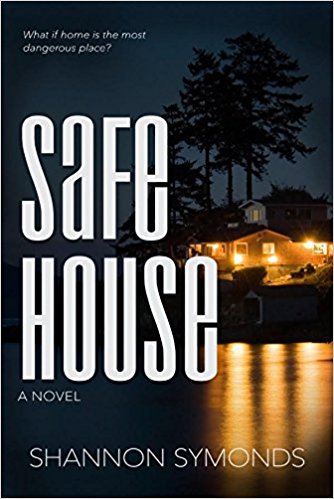 I met Shannon Symonds at the funeral of my friend Stacy who passed away from cancer about two months ago. Stacy was Shannon’s sister and a beautiful person taken from us too early. Shannon is just as lovely as her sister, and I was touched by her poise and loving spirit at such a difficult time in her life.
I met Shannon Symonds at the funeral of my friend Stacy who passed away from cancer about two months ago. Stacy was Shannon’s sister and a beautiful person taken from us too early. Shannon is just as lovely as her sister, and I was touched by her poise and loving spirit at such a difficult time in her life.
Shannon told me that she was on the verge of publishing her first book. That got me very excited because I love meeting fellow authors.
Her first book, Safe House, was recently released, and I had the privilege of reading it.
Safe House follows Grace James, a domestic violence victims’ advocate, as she helps families in two separate domestic violence cases.
While Safe House deals with some difficult and troubling issues, it is also full of faith, optimism, and healing. It gives me hope to think that there are people who genuinely care and truly want to help those who are victims of domestic violence. I really enjoyed reading this book. It is exciting and eye-opening, and it has just a little bit of romance mixed in for good measure. Safe House is written from a Mormon perspective, so if you are not a Mormon, some of the language will not be familiar to you, but it also contains a universal message of faith in God that all Christians can identify with.

This is a wonderful book. Will you tell us about your background in domestic violence cases?
Although I was raised by a wonderful family, due to personal history, as a young mother of 6 I felt compelled to help others. When I lived in Utah, a friend and I did some grassroots work to bring awareness to victims of child abuse. We wanted to do anything we could to help end child abuse.
I wasn’t the best person for the job, or the person most likely to change the world, I was just willing to serve and try to make a difference. We had some amazing experiences in Utah, including speaking to church leaders. I also had wonderful training opportunities through my employer, Head Start, the college and other groups.
When I left Utah to return to Oregon, I wondered how I would be able to make a difference in a small town, miles away from the state capital and policymakers. I should have had more faith.
I have come to believe when we try to do good things for others, all the powers of Heaven help us on our journey. It felt like a miracle when I was given the chance to work with survivors of domestic abuse and sexual assault again.
I was working in the same building as the county domestic violence & sexual assault agency. There was a little restaurant on the first floor. Rarely, I would go in for a small treat or half a sandwich. I was on a pretty tight budget. While waiting in line in the little restaurant, I began to chat with a woman ahead of me. I practically fell into a job as a child advocate for the agency serving survivors of domestic and sexual assault.
Within a few short days of being hired, the non-profit agency I worked for began a ground breaking program. They would be sending Advocates out with law enforcement officers and other team members to meet with survivors. They would be called out at the time of an assault, to go to homes, the hospital, or wherever the crime was reported.
As they began the new program, a client collapsed in the office. Being a mother of six, I did what came naturally and began bossing everyone around. Advocates were in a panic, but I was in my element, chaos. After all, it was just like Sunday dinner with the extended family.
That was it. My boss spotted my talent for remaining calm in a crisis, and my job title changed to domestic and sexual assault advocate. I was attending the local college, raising kids on five different baseball teams and attending two schools, on call seven nights a week, and working thirty hours in the office. But! I was so happy!
When an assault was reported in the county, whether it was domestic or sexual, I responded to the scene of the assault or where I was needed to provide services to survivors and their children. We also did followup care, ran a shelter, peer support groups, awareness events, and other programs to support survivors in their healing.
Grace’s life in the book is very similar to my life while I worked as a full time advocate, including having my parents in an in-law apartment in my house, available to help when I was called out. I even had a Jeep until the wheel fell off and sadly I had to get a grown-up car. However, Grace’s office is luxurious and her job is simple compared to the non-profit shabby-chic life of our local agency.
I have been privileged to work with hundreds of survivors over the years. I currently take calls as an Advocate a few nights a week. I love working with survivors.
What made you decide to write this book?
One of my favorite things to do is train community partners. We had a great training team which included local attorneys, nurses, and law enforcement officers. However, when I train community members, all I can ethically share is statistics. In order to be an advocate, I can’t share anything about anyone. Everything I do is confidential. Sharing a survivor’s story could cost them their life. Hiding people is a large part of the job.
Statistics about abuse are compelling, but sharing them is like describing an elephant’s tusk to explain an elephant to a room full of blind men, while the elephant remains hidden.
At one point, I felt it was time to leave the agency. Once more, Heaven was in charge, and it was the right move. Heartbroken, because I was unable to work with survivors and still wanted to give back or bring awareness to the issues, I struggled and prayed for an answer.
It was during this time I felt inspired to write a novel, which would allow me to share the feelings, challenges, and experiences I had in a way that was safe for survivors. By writing a fictional novel, I could bring increased awareness to the plight of survivors in a way that focused on their entire journey, not just the horror.
Ironically, after I submitted the novel to the publisher, the new director of the local agency serving survivors began attending my church and asked me to come back to work. I still respond a few nights a week, while working at another agency serving foster youth during the day.
What do you hope readers will get from it?
I honestly hope readers will be drawn into the story. I don’t want readers to think about statistics or anything but the characters and the seemingly impossible conflicts they must overcome to survive. I want readers to be surprised at every turn by the life-threatening situations the characters are faced with and their ability to not only endure but to overcome. I would love it if readers laugh at the absurdity of Grace’s life, believe characters with broken hearts can love again, and glimpse the miracles I have witnessed over and over.
What advice would you give to people who are living in a domestic violence situation?
I always tell survivors they know their story best. I can’t tell them what to do because I don’t have to live with the outcome of their choices like they do. However, if they can tell me what they would like to do, I have the resources and knowledge to help them make it happen.
Often times we blame survivors. We ask them questions like, “Why don’t you just leave.” It isn’t always a question of “just leaving.” Sometimes the question should be, “Can you leave? What is keeping you from leaving and what would you like to do?”
I want people living in domestic violence to know is there is hope, they don’t have to be alone. There are advocates similar to Grace answering crisis lines all over the world. They can tell you how to find the help you need and stay safe.
Ending domestic violence or helping a survivor get to a shelter, hide, or leave an abusive situation is homicide prevention. When a survivor isn’t sure what they want, I encourage them to focus on safety for themselves and their children. Life decisions like divorce and custody can be made later after a survivor is safe. Professional advocates can help them make a safety plan.
I want survivors to know we are here for them, 24-hours a day, 365 days a year, when they are ready for help or just a listening ear.
Survivors often blame themselves. I let them know that even though they may have done things they aren’t proud of, there is no excuse for abuse.
Isolation is a large part of the abuse. Asking for help is the hardest thing most survivors have to do. I would want survivors to know that I am a judgement-free zone who’s greatest concern is their safety and well-being.
What advice would you give people who have loved ones in a domestic violence situation?
“Why don’t they just leave?” is the question I get asked most. People tell me how frustrated they are with sisters, friends, and parents who haven’t left.
Don’t give up on them. I know it is hard. I also know it is easy to get very frustrated with survivors for not ‘just leaving.’ Survivors sometimes use coping methods like alcohol or eating disorders to deal with the overwhelming situations they are facing. Don’t judge them. Be patient and be glad they are still alive. Get them to an expert before you lose them.
Although not every domestic violence relationship ends in homicide, an expert can help you learn the red flags for lethality or help you know how to talk to your loved one. If you hear an assault, call the police. Don’t let it get out of hand because you don’t want the neighbors to know what’s happening. No action is an action.
If anyone is concerned for a loved one they feel is experiencing domestic abuse or intimate partner abuse, they can call their local domestic violence agencies or the National Domestic Violence Hotline. The hotline can answer questions and help you as well as your loved one.
The last piece of advice I have is the most important thing to remember: just love them. Treating each other with love and respect is, in my opinion, the most important thing we will ever do.
Click here to enter Shannon’s Goodreads giveaway.
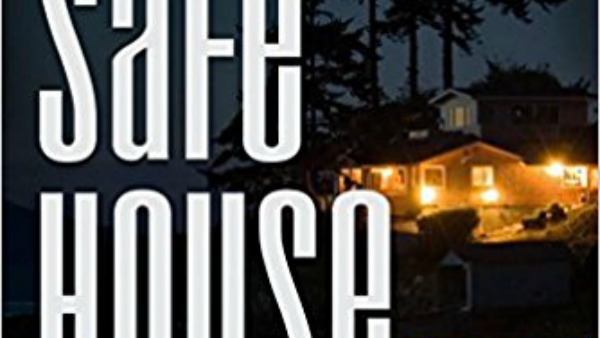
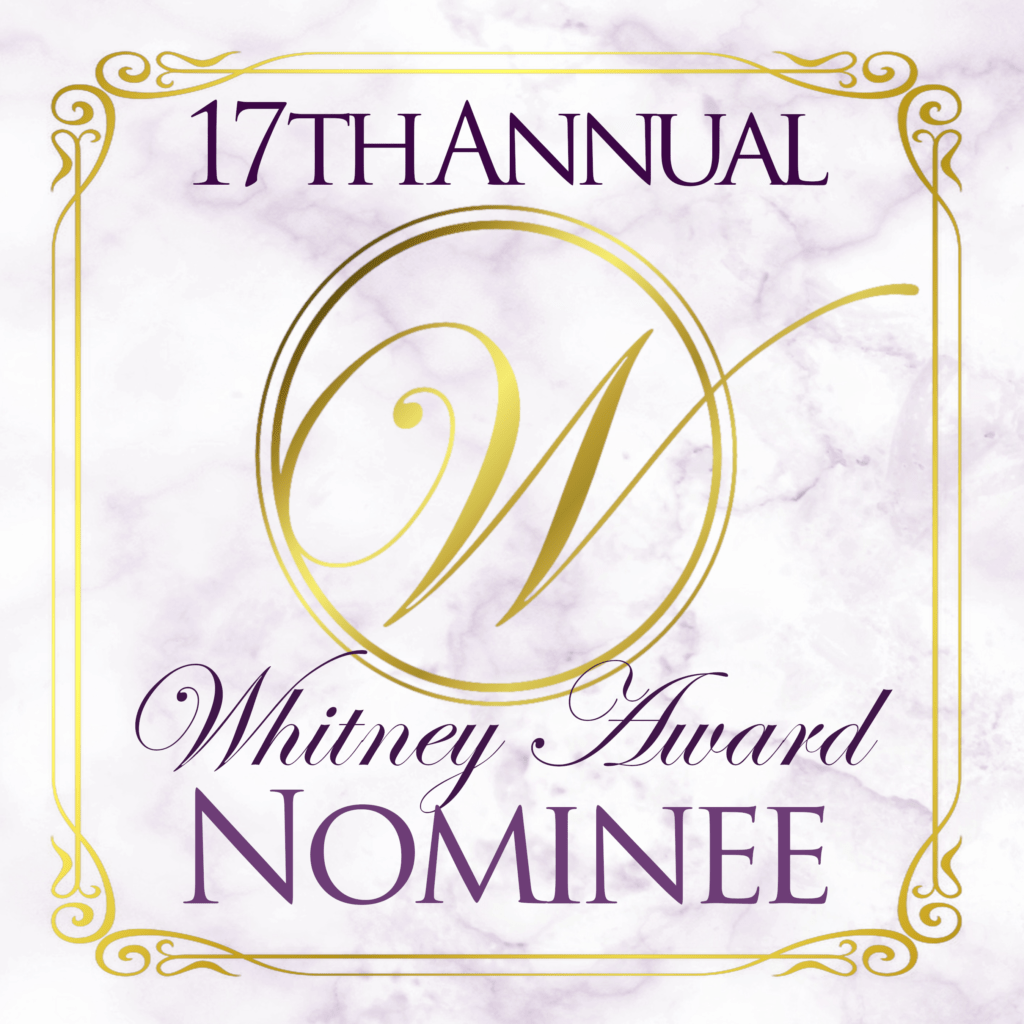
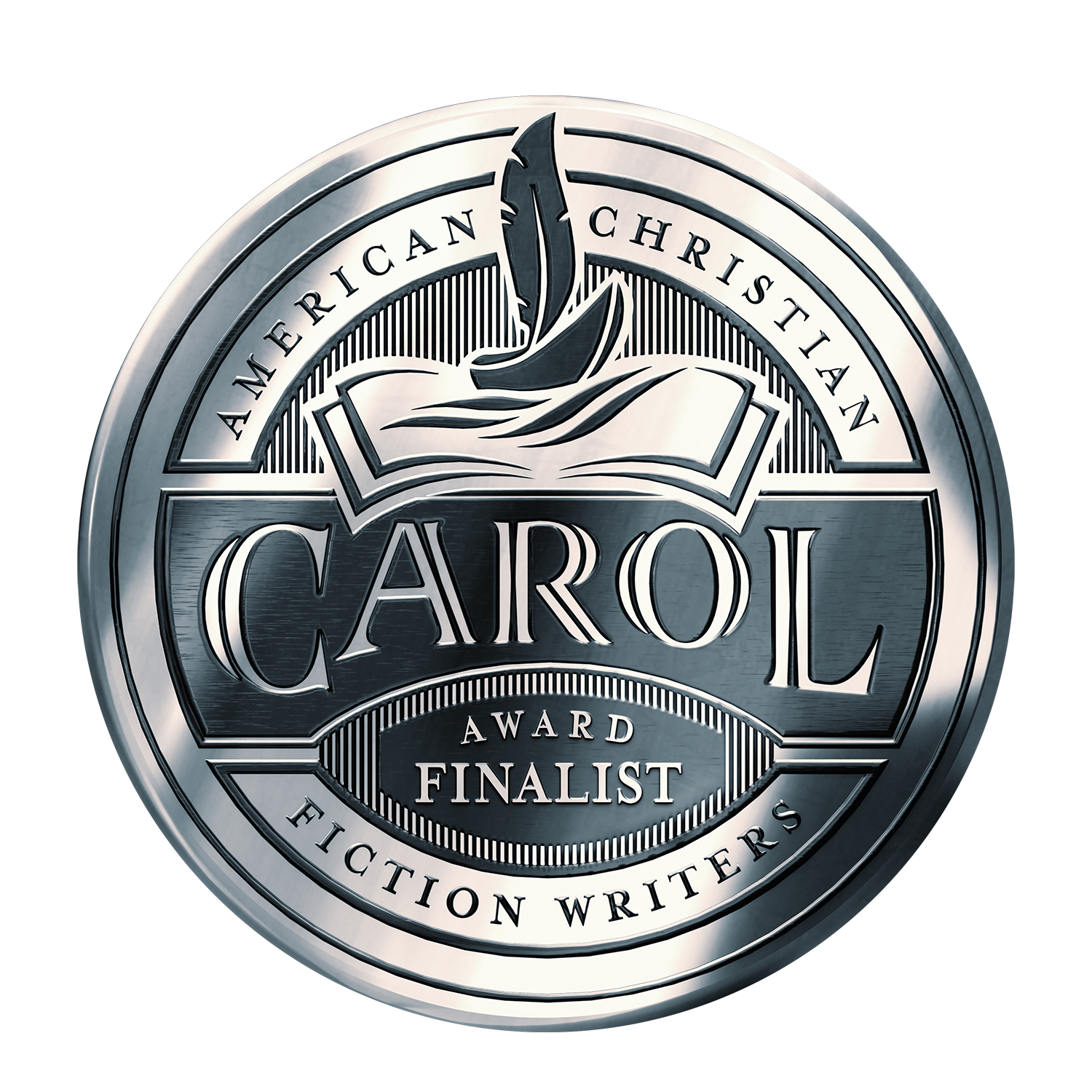
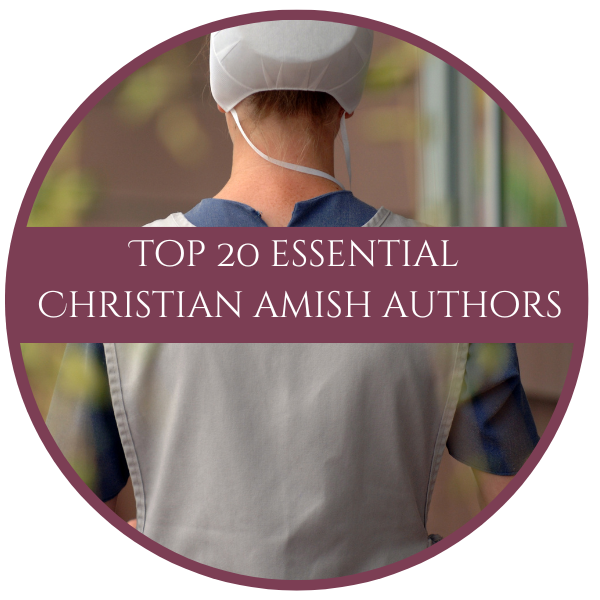
I enjoyed reading this….. I will try to look for this book, so that way I can read it.
Thanks, Andrea. I really is an exciting, moving book.